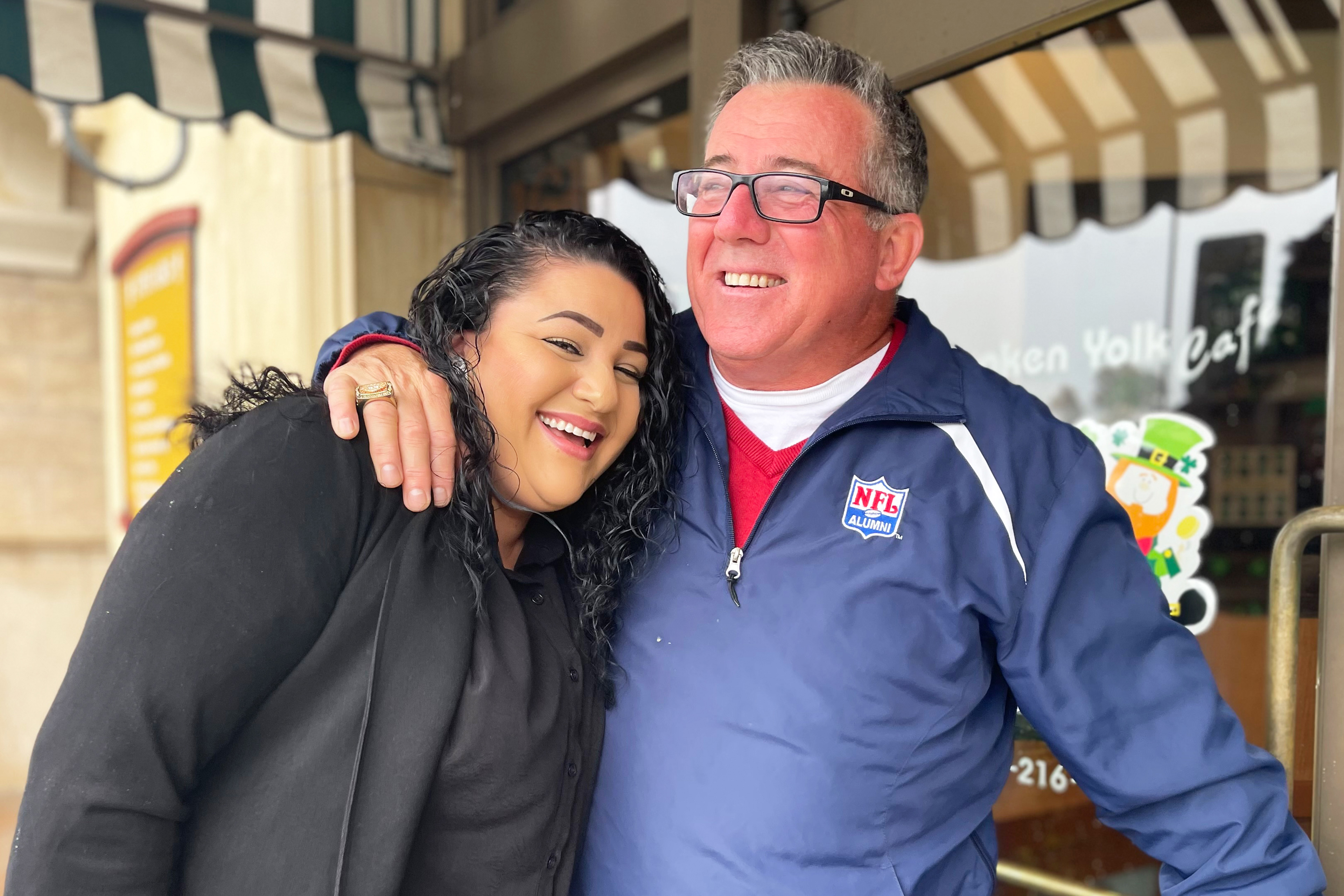New research conducted in the US and London has shed light on the harmful effects of yelling at children, revealing that it can be as damaging as physical or sexual abuse.
This groundbreaking study, commissioned by the UK charity Words Matter, was recently published in the journal Child Abuse & Neglect and underscores the importance of recognizing verbal abuse in childhood (CVA) as a genuine form of abuse.
To reach this significant conclusion, researchers from Wingate University in North Carolina and University College London (UCL) meticulously analyzed 149 quantitative studies and 17 qualitative studies focused on the subject. Their findings reveal that verbal abuse encompasses factors such as negative speech volume, tone, and content of speech, and their immediate impact. Additionally, the study highlights that parents and teachers are the most common perpetrators of verbal abuse against children.
How bad can verbal abuse harm a child?
The ramifications of verbal abuse can extend throughout a child’s lifetime, leaving behind lasting emotional and psychological scars. Such abuse can lead to various adverse outcomes, including obesity, heightened anger, an increased risk of substance abuse, depression, and self-harm, as stated by the researchers.
One of the study’s key recommendations is the need for a more precise definition of verbal abuse against children. Currently, childhood abuse is classified into four categories: physical abuse, sexual abuse, emotional abuse, and neglect. The study underscores the rising prevalence of childhood emotional abuse over the years and its profound impact on children’s mental health. Prof. Peter Fonagy, the study’s co-author and head of psychology and language sciences at UCL, emphasized, “Preventing the maltreatment of children is the most effective way we can reduce the prevalence of child mental health problems.”
In light of these findings, the researchers stress that recognizing CVA as a form of abuse is a crucial “starting point” for identifying and preventing it. Moreover, they propose providing training for adults on “the importance of safety, support, and nurturing during verbal communication with children.”
Lead study author Prof. Shanta Dube from Wingate asserts, “Childhood verbal abuse desperately needs to be acknowledged as an abuse subtype, because of the lifelong negative consequences.”



